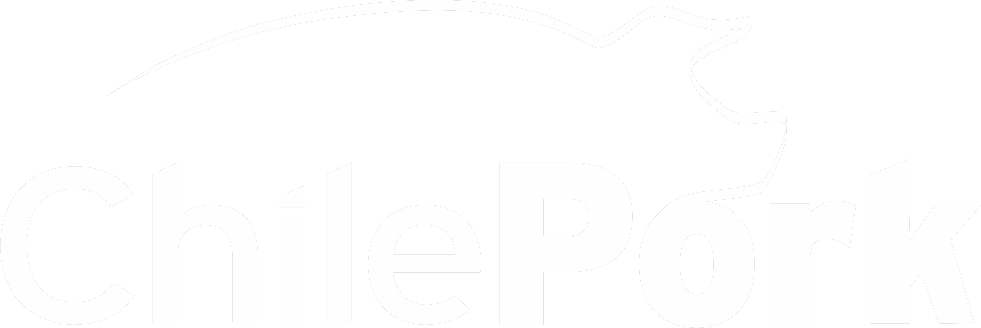From April 21 to 30, representatives of Paraguay’s National Service for Animal Quality and Health (SENACSA) visited Chile as part of a technical cooperation project funded by the Japan International Cooperation Agency (JICA). Their goal was to learn about the Chilean system for registering, administering, and controlling veterinary drugs, as part of a project to strengthen animal health and animal-based food safety in Paraguay.
The agenda included eight days of work in Santiago and Valparaíso organized by Chile’s Agricultural and Livestock Service (SAG), which included technical meetings, visits to laboratories, drug dispensaries, ports of entry, and meetings with representatives from the public and private sectors, such as the National Fisheries Service (Sernapesca) and the Association of Veterinary Laboratories (ALAVET).
On April 25, ChileCarne welcomed the delegation to its offices to talk about the country’s experience in the use of drugs in pork and poultry production, with an emphasis on traceability, regulations, and production best practices.
The mission’s advance party consisted of a representative from JICA, a veterinarian from the Japanese Ministry of Agriculture, Forestry and Fisheries, and professionals from SENACSA. The technical mission responds to the shared interest of strengthening regional capabilities in animal health and regulation of veterinary drug use through collaboration between public and private institutions.



